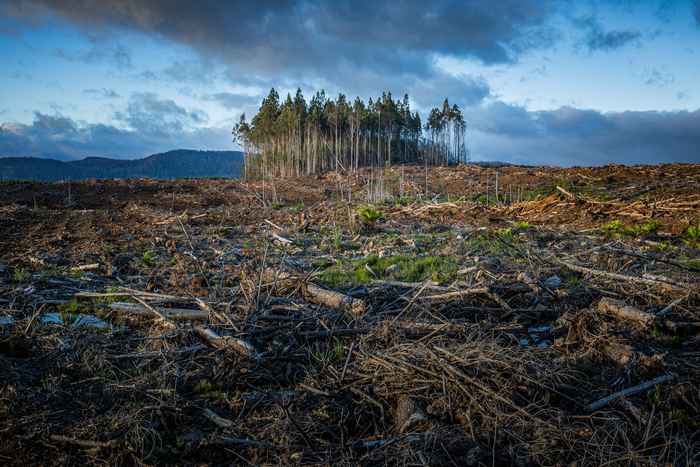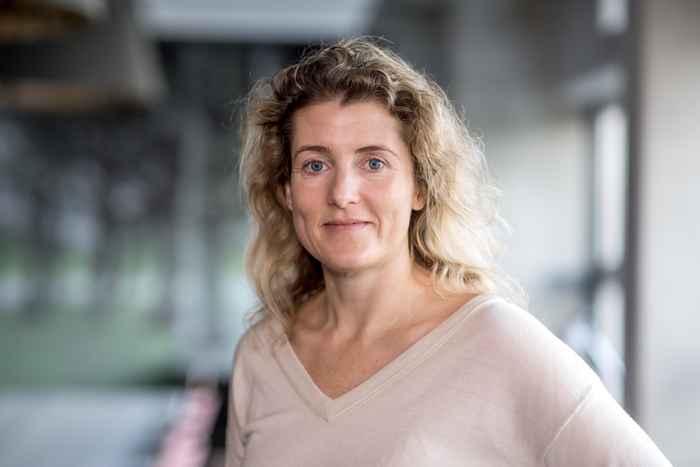The power of 'slow science': a revealing sabbatical at IAS
Blog by Alumni Fellow Floor Alkemade
28 September 2023

Being lured in by the promise of ‘slow science’, I discovered many researchers and research projects connected to IAS that I would like to know more about. This made it quite challenging to write a focused application. That feeling of being in a candy store continued throughout the sabbatical. While I thus came in with a plan to work on my project, rather than with a well-specified collaboration plan, I benefitted tremendously from all the exciting meetings, seminars and lunch conversations at IAS. With ample quiet time, a wonderful building and excellent support staff, this creates a very inspirational environment.
I especially want to mention the Future of Energy & POPNET seminars and the workshop on Multi-scale socio-economic models for climate policy I organised with Mike Lees. This workshop explored the challenges of integrating social processes in climate models. This is a challenge that requires connection models at very different time scales and very different spatial scales. A topic that we hope to explore further. Many of the conversations I have had at IAS; on opinion dynamics, behaviour change, and emergent behaviour in response to policy interventions will no doubt find their way into my research.

I also used my sabbatical to do a writing course to learn how to write less ‘academese’ and more accessible texts. With this new skill, my team and I contributed to a large report for the general public describing climate and social tipping dynamics. The report will come out right before the next global climate conference COP28, an output directly linked to my time at IAS.
I learned so many new things in my months at IAS. I think an IAS fellowship is a great opportunity for early career scholars to shape their careers. Still, it is also a great opportunity for more senior researchers who may yearn for a little break from their careers. I am already looking forward to my next sabbatical in 2026, but for now, thank you, everyone at IAS, for creating a wonderful place and for having me over!